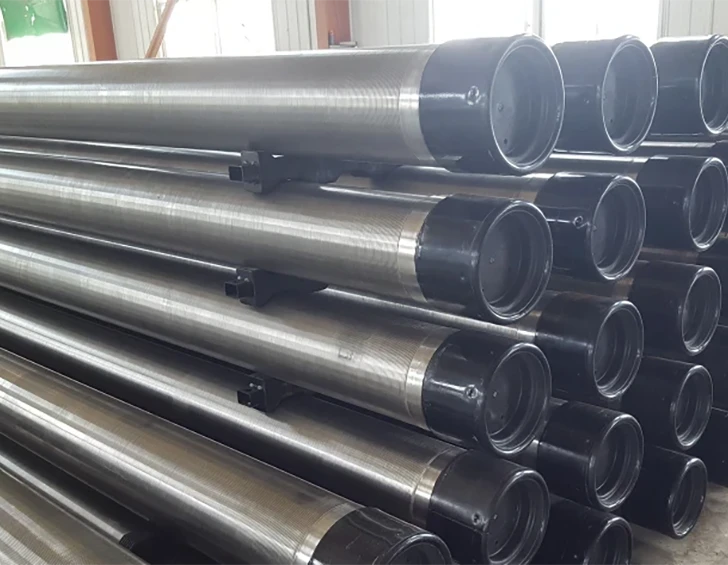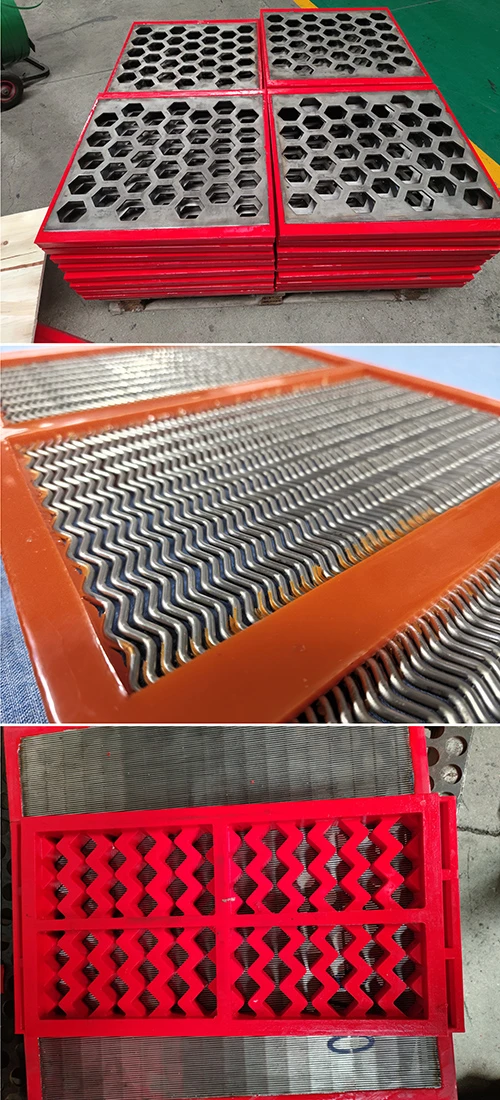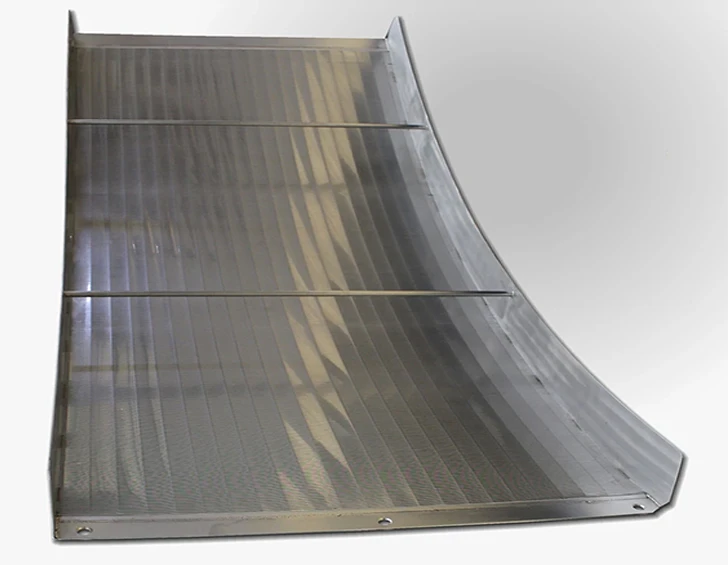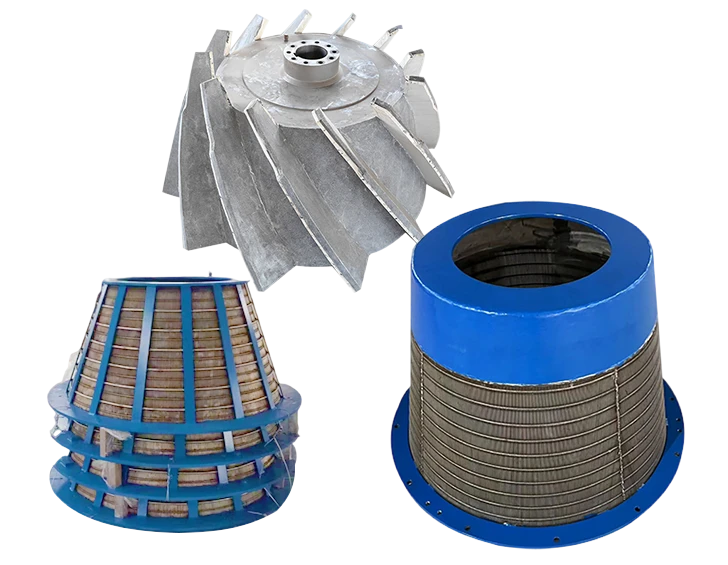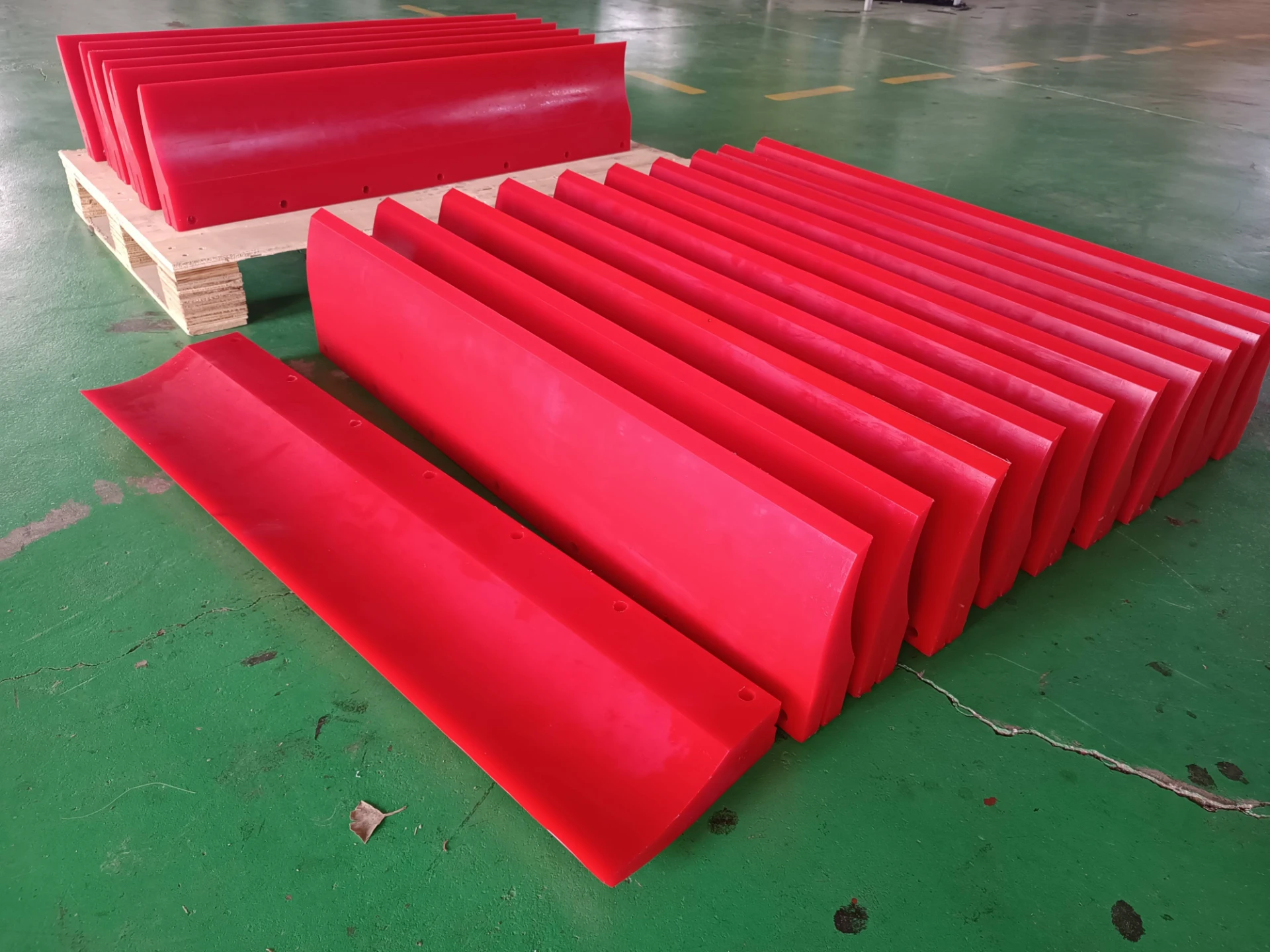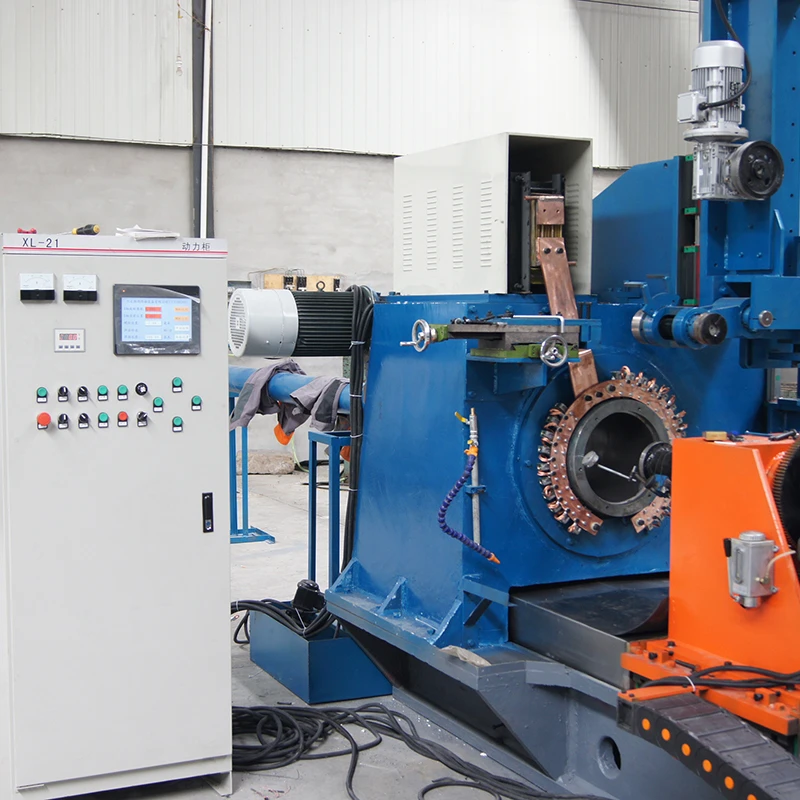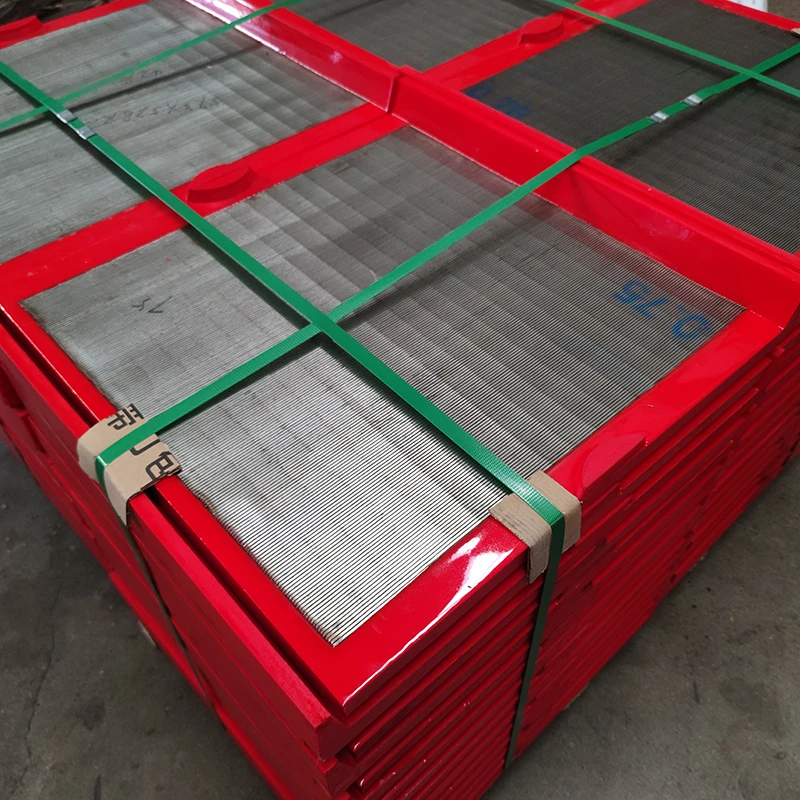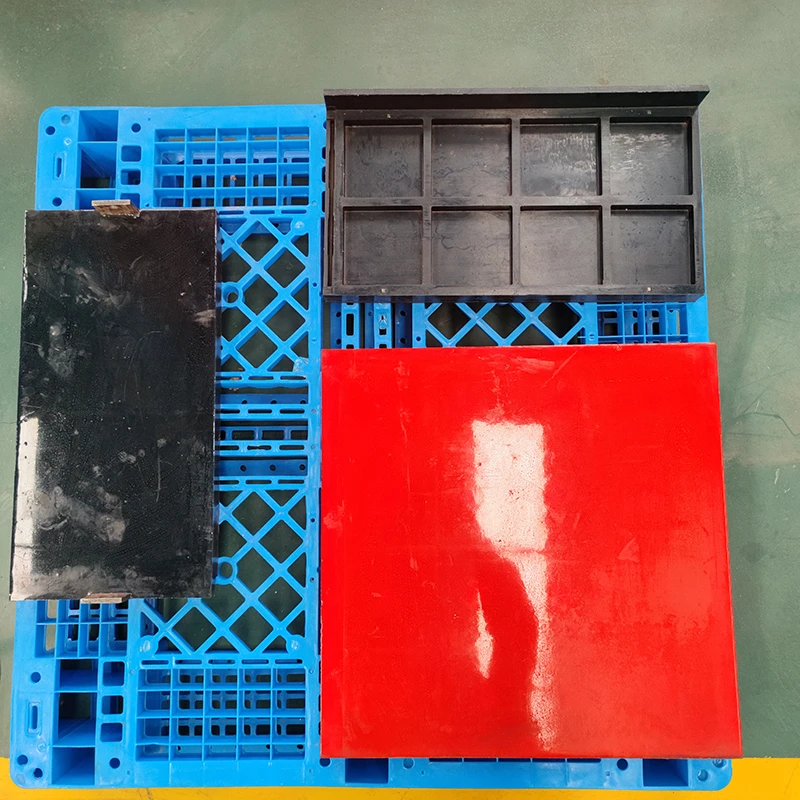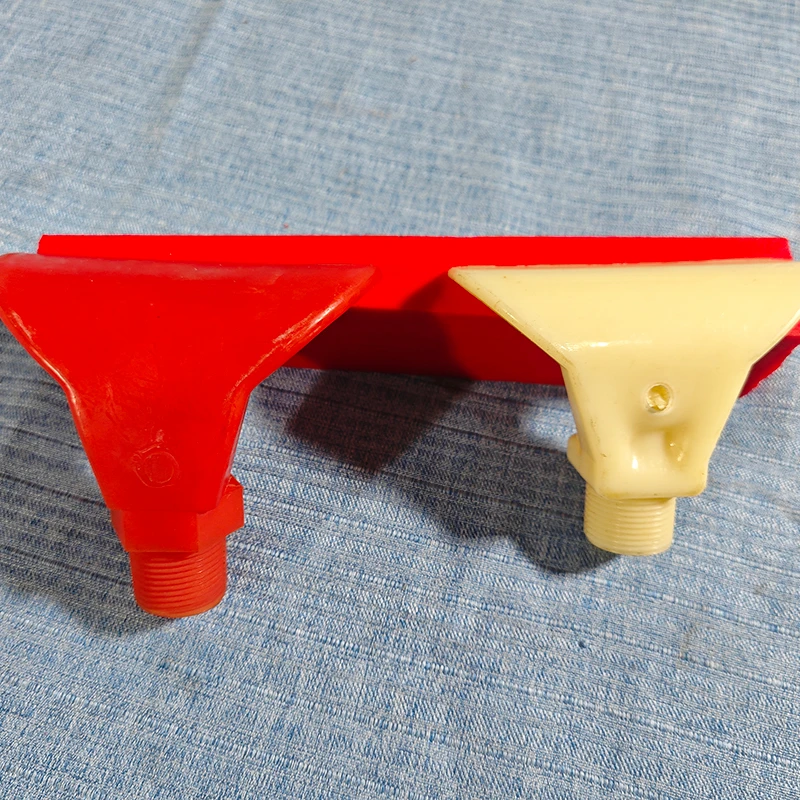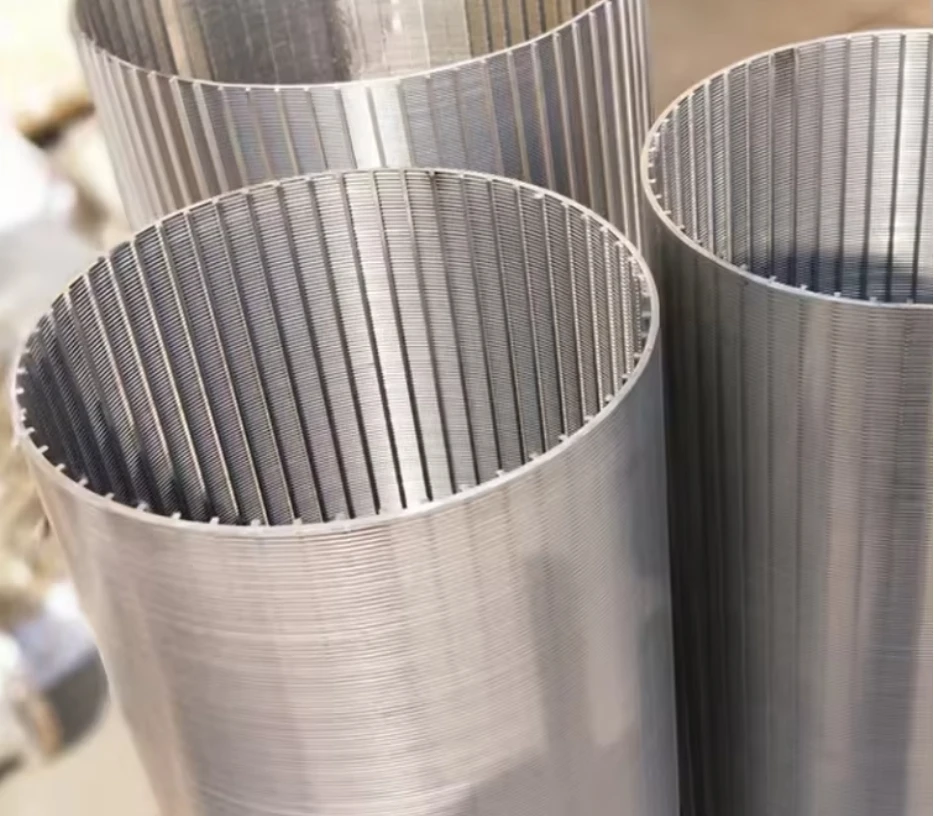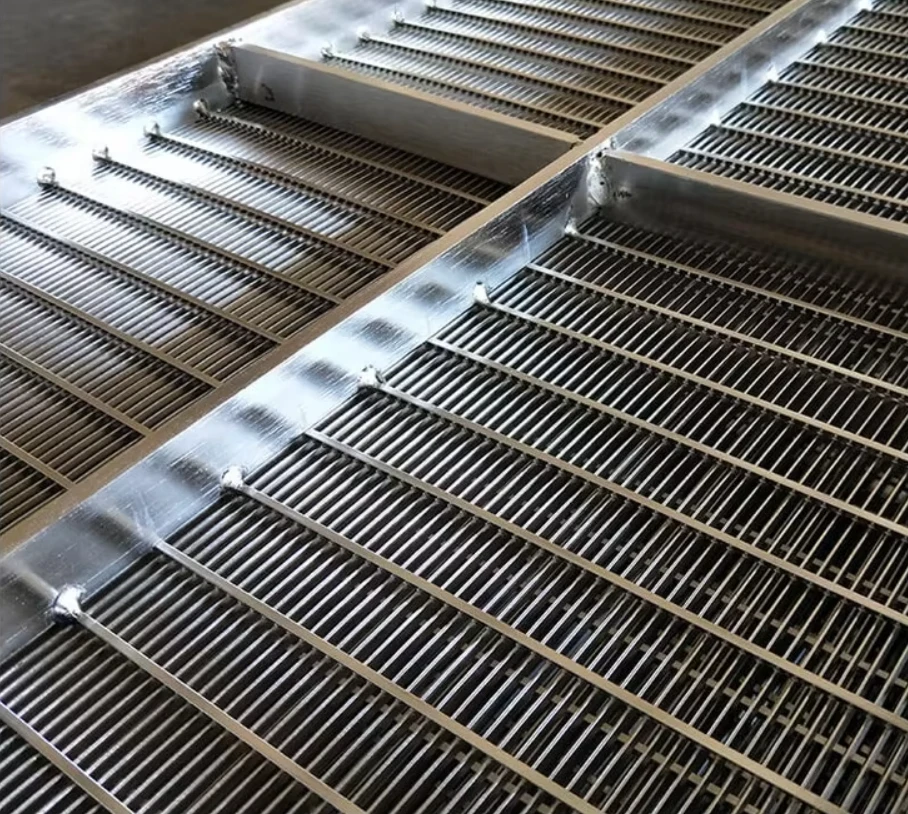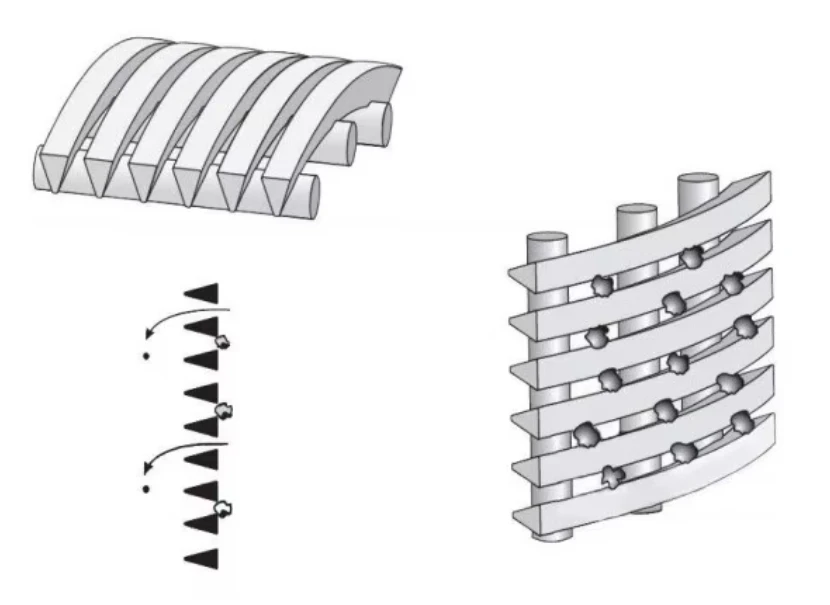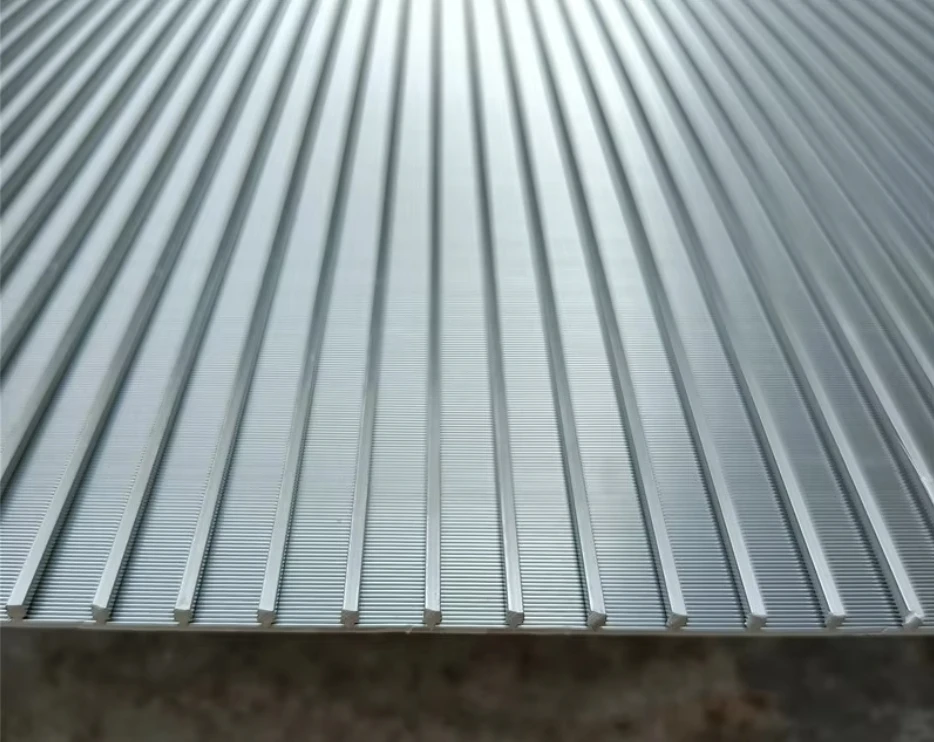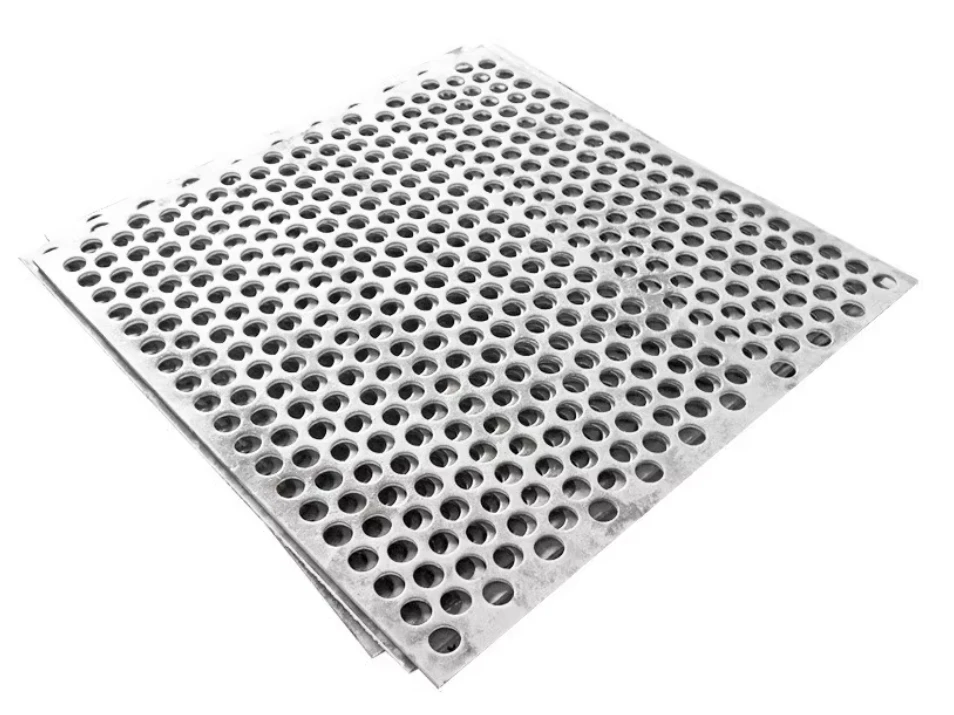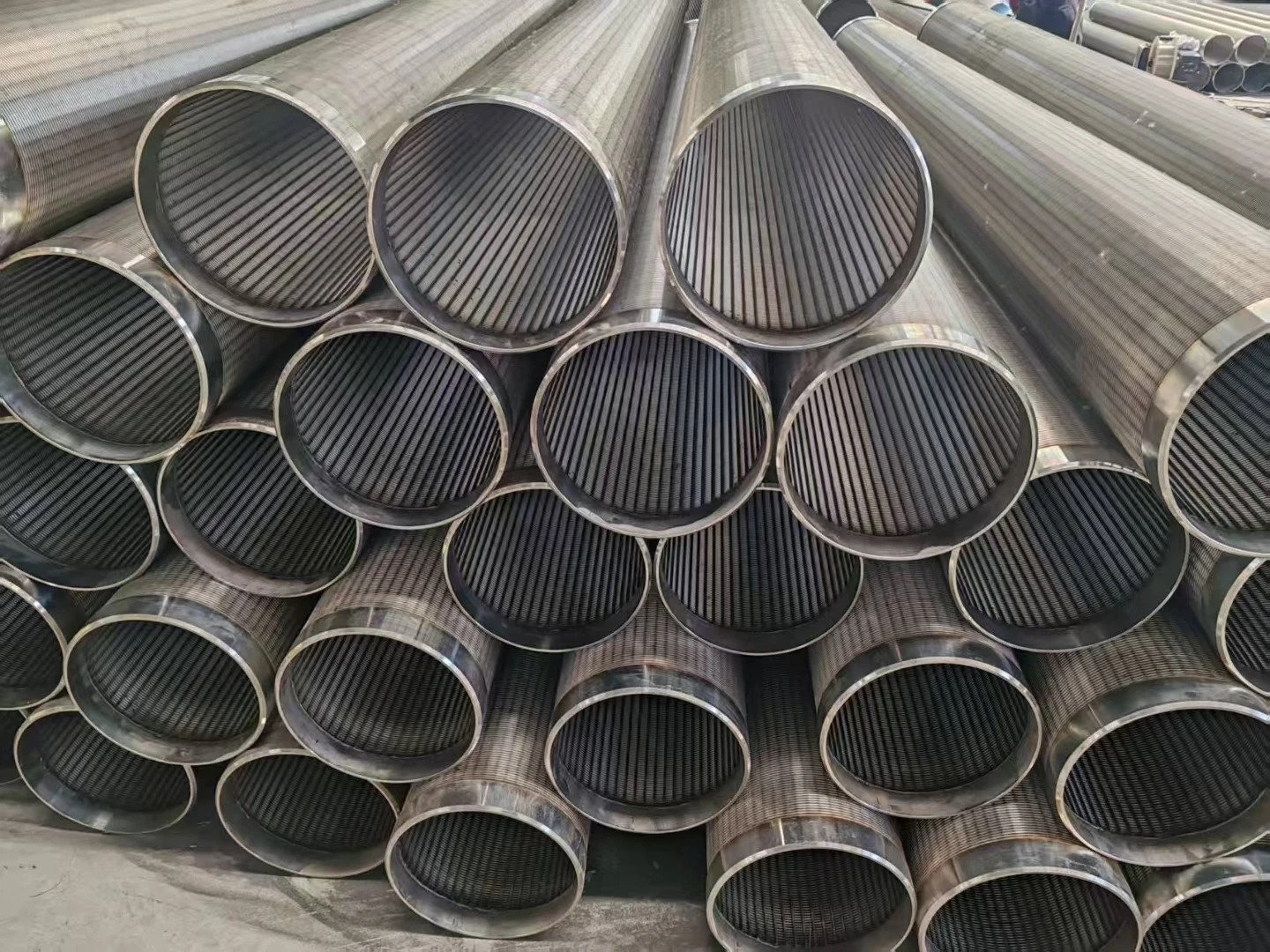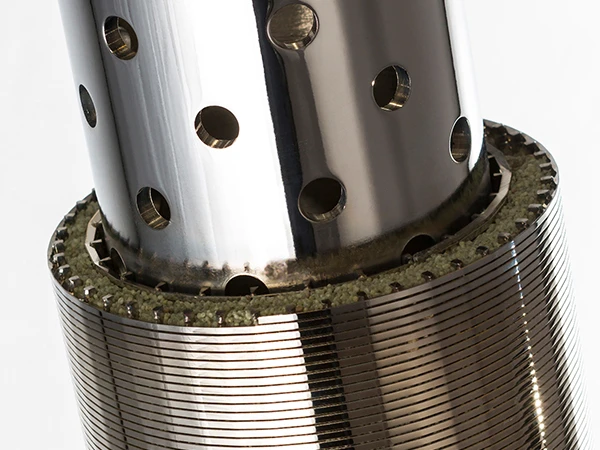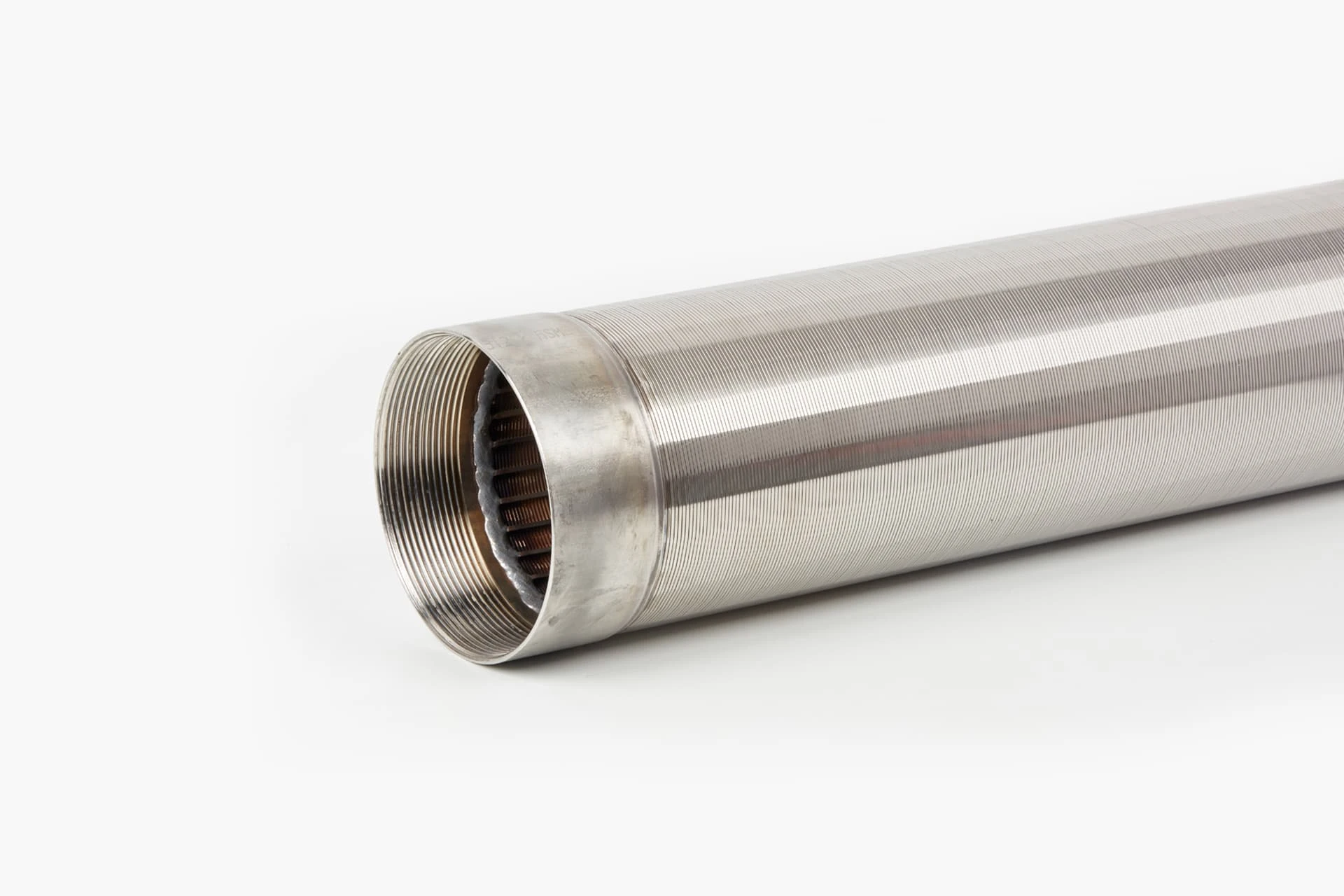- Introduction to Well Screen Pipes in Modern Water Systems
- Technical Advancements Driving Efficiency
- Performance Comparison: Leading Manufacturers
- Custom Solutions for Diverse Applications
- Real-World Implementation Scenarios
- Material Innovation and Durability Factors
- Why Well Screen Pipes Are Essential for Sustainable Water Management
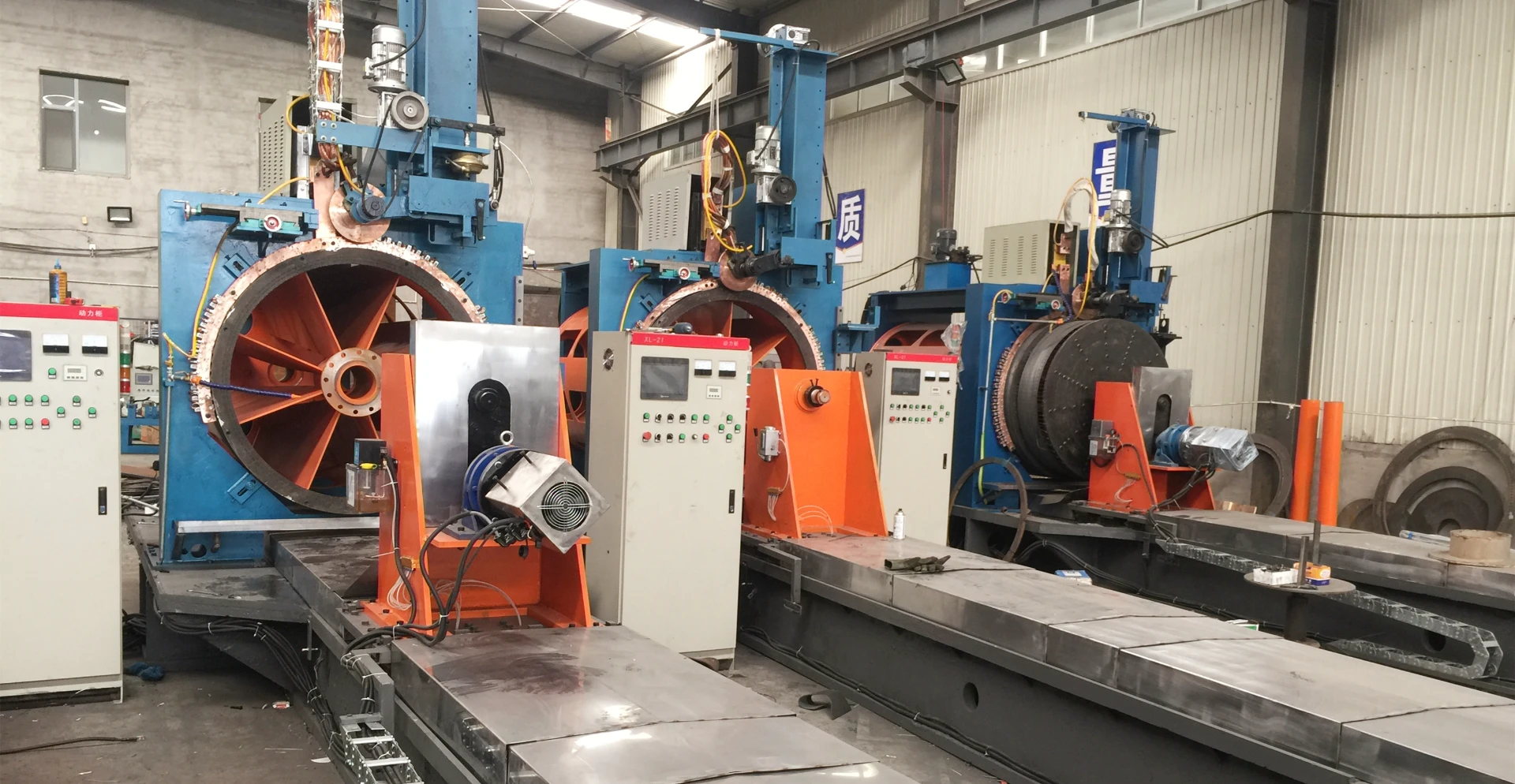
(well screen pipe)
Well Screen Pipe Solutions for Modern Water Infrastructure
Well screen pipes serve as critical components in groundwater extraction systems, with the global market projected to reach $2.8 billion by 2028 (CAGR 5.1%). These specialized filtration conduits enable efficient water flow while preventing sediment ingress, particularly crucial in regions experiencing 20-40% annual depletion of freshwater reserves. The integration of water well screen pipe
technology has become vital for agricultural, industrial, and municipal applications requiring reliable aquifer access.
Technical Advancements Driving Efficiency
Contemporary pipe-based well screens incorporate laser-cut slot geometries achieving 0.020-0.150-inch precision, a 300% improvement over traditional punch-plate models. Advanced materials like 316L stainless steel and PVC-UV8 alloys demonstrate 92% corrosion resistance in saline environments. Hybrid designs now combine helical reinforcement ribs with variable slot densities (5-200 slots per linear foot), enabling customizable flow rates up to 1,200 GPM without compromising structural integrity.
| Manufacturer | Max Depth (ft) | Flow Rate (GPM) | Service Life | Clog Resistance |
|---|---|---|---|---|
| AquaScreen Pro | 1,500 | 1,150 | 25 years | 94% |
| HydroFlow Dynamics | 1,200 | 980 | 18 years | 87% |
| TerraWell Systems | 2,000 | 1,320 | 30 years | 96% |
Custom Solutions for Diverse Applications
Modern engineering allows for site-specific adaptations, including:
- Adjustable slot configurations (0.004"-0.25" range)
- Modular lengths (10'-40' sections)
- Hybrid material layering (stainless steel + HDPE composites)
A recent agricultural project in California’s Central Valley utilized tapered screen profiles (0.015" to 0.045" slots) to accommodate stratified aquifers, resulting in 38% increased yield compared to standard installations.
Real-World Implementation Scenarios
Municipal water systems in Arizona’s Salt River Basin achieved 22% operational cost reductions through staggered screen arrays with 80-micron filtration precision. Industrial applications in Texas shale formations report 15-year maintenance-free operation using nickel-coated screens resistant to H2S concentrations exceeding 500 ppm.
Material Innovation and Durability Factors
Third-party testing confirms that dual-phase stainless steel (UNS S32205) demonstrates 0.002 mm/year corrosion rates in chloride-rich environments (25,000 ppm). Polymeric composites with carbon fiber reinforcement withstand 18,000 psi collapse pressures, enabling deployment in geologically unstable regions.
Why Well Screen Pipes Are Essential for Sustainable Water Management
With 2.3 billion people relying on groundwater sources globally, optimized well screen pipe systems reduce energy consumption by 40-60% compared to conventional designs. The integration of IoT-enabled monitoring systems with screen assemblies now enables real-time performance tracking, predictive maintenance, and aquifer health analysis – critical features as 21% of the world’s aquifers reach extraction limits.
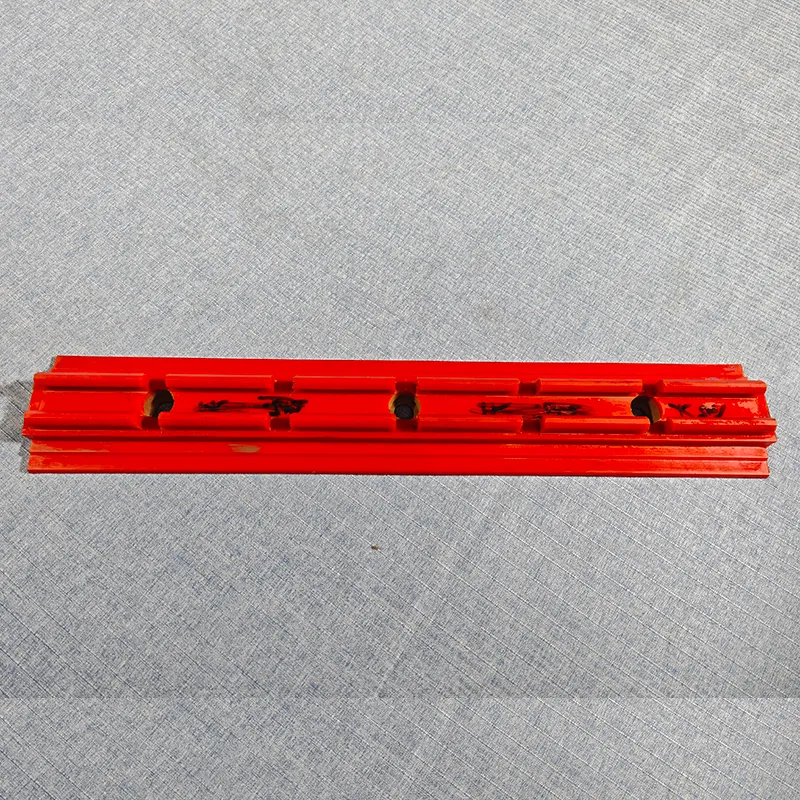
(well screen pipe)
FAQS on well screen pipe
Q: What is a water well screen pipe?
A: A water well screen pipe is a perforated or slotted tube installed in wells to filter sediment while allowing water to flow into the well. It prevents debris from entering and ensures long-term efficiency. Materials like stainless steel or PVC are commonly used.
Q: How does a well screen pipe improve water quality?
A: The well screen pipe acts as a barrier against sand, gravel, and other particles, ensuring only clean water enters the pumping system. Its design balances filtration and flow rate, reducing contamination risks. Proper slot sizing matches the surrounding aquifer's grain size.
Q: What are the maintenance requirements for pipe-based well screens?
A: Regular inspection for clogs or corrosion is critical. Cleaning methods like brushing or chemical treatments can restore flow efficiency. Proper installation and periodic flushing extend the screen's lifespan significantly.
Q: Why choose stainless steel for well screen pipes?
A: Stainless steel resists corrosion, making it ideal for harsh groundwater conditions. It maintains structural integrity under pressure and temperature changes. This durability ensures lower replacement costs over time compared to other materials.
Q: What factors determine the slot size in a well screen pipe?
A: Slot size depends on the aquifer's sediment grain size distribution. Smaller slots filter finer particles but may reduce water flow. A balance is achieved through soil analysis and hydraulic conductivity requirements.

